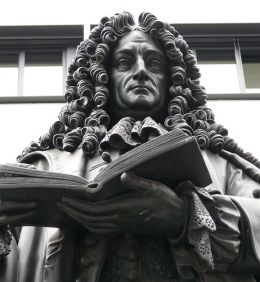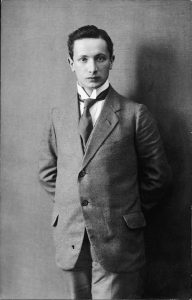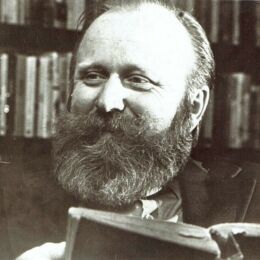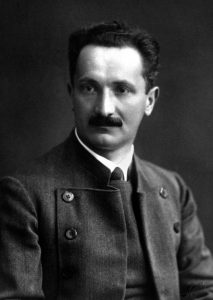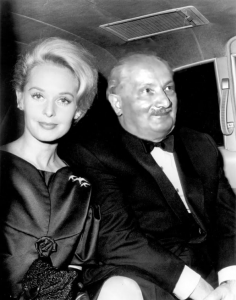7,567 words
Part 1 here, Part 2 here, Part 3 here, Part 4 here, Part 5 here
1. Introduction: Leibniz and the Completion of Metaphysics
Gottfried Wilhelm, Freiherr von Leibniz (1646–1716) is one of the most extraordinary figures in the history of ideas. A true polymath, he was not only a philosopher but a physicist, historian, jurist, diplomat, inventor, and mathematician. (more…)
